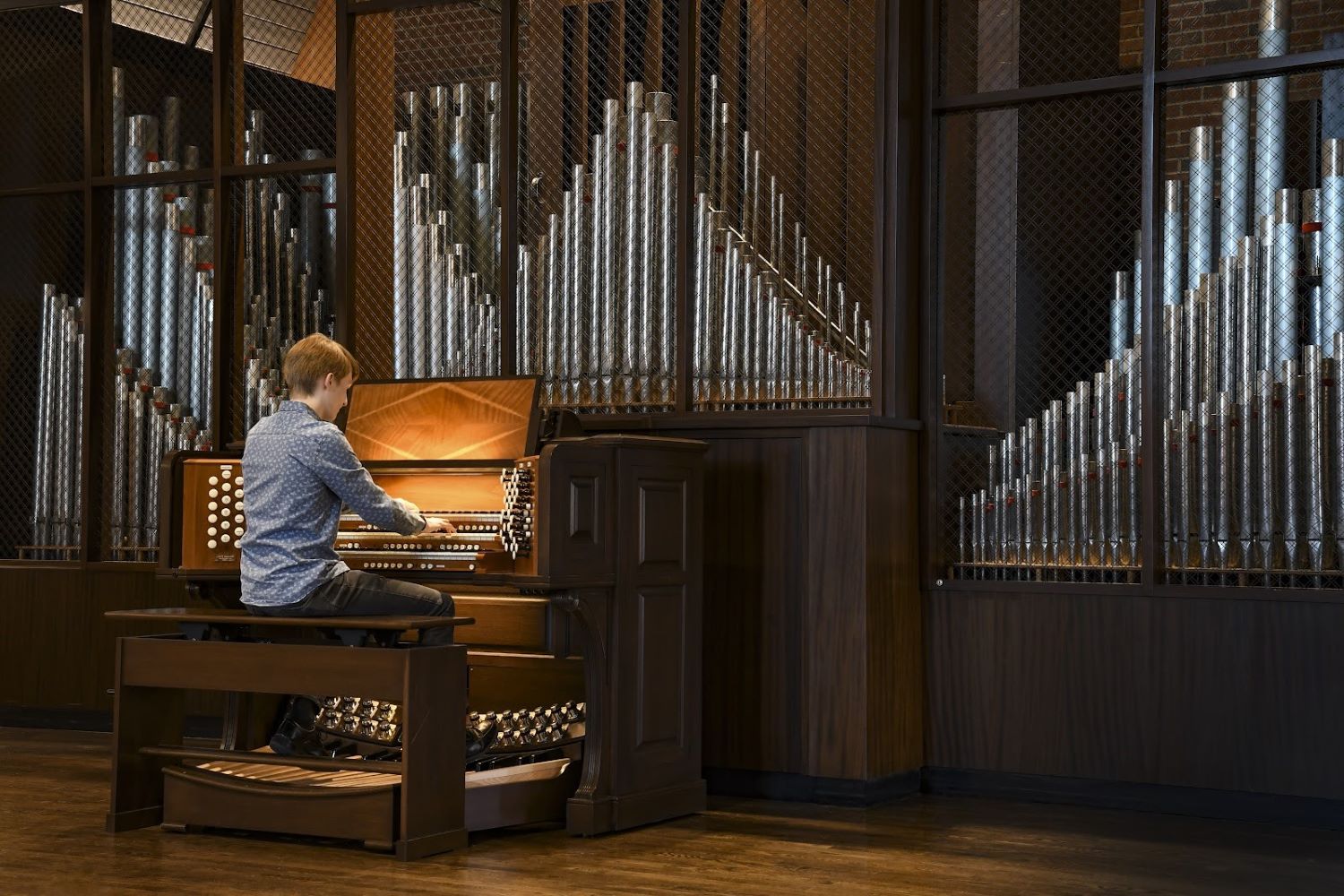
Ever wondered why May 5th resonates with a melodious echo across the nation? National Pipe Organ Day is why! This day isn't just any ordinary day; it's a celebration of the majestic pipe organ, an instrument that has filled cathedrals, churches, and concert halls with its powerful harmonies for centuries. But why May 5th, and what makes the pipe organ so special that it deserves its own day? National Pipe Organ Day shines a spotlight on this incredible instrument's history, artistry, and the skilled organists who bring its pipes to life. From its intricate design to its role in musical history, there's a lot to learn and appreciate about the pipe organ. So, let's hit the right notes and discover why this day strikes a chord with music lovers everywhere!
Key Takeaways:
- National Pipe Organ Day celebrates the majestic pipe organ, an ancient instrument with a rich history and versatile sound. It's a day to appreciate its beauty and attend concerts or tours to learn more.
- The pipe organ, also known as the "King of Instruments," has influenced Western music and continues to evolve with technology. Celebrate its legacy and inspire the next generation of organists and builders.
What is National Pipe Organ Day?
National Pipe Organ Day is a celebration dedicated to one of the most majestic musical instruments, the pipe organ. This day, observed on May 5th, honors the history, music, and craftsmanship of pipe organs. It's a day for organists, music enthusiasts, and communities to come together and appreciate the rich sounds and intricate designs of these instruments.
Why Celebrate National Pipe Organ Day?
Celebrating National Pipe Organ Day shines a spotlight on an instrument that has played a pivotal role in musical history. Pipe organs have been central to religious ceremonies, royal events, and community gatherings for centuries. This day encourages people to learn about and experience the beauty of pipe organ music, fostering a deeper appreciation for this art form.
-
Pipe organs are among the oldest musical instruments still in use today, with origins tracing back to the 3rd century BC.
-
They are often called the “King of Instruments” due to their size, complexity, and ability to produce a wide range of sounds.
-
A single pipe organ can contain thousands of pipes, varying in size from a few inches to several feet.
How to Celebrate
There are numerous ways to celebrate National Pipe Organ Day, from attending concerts to exploring the architecture of organs in local churches.
-
Attend a pipe organ concert or recital, which are often held in honor of this day.
-
Visit churches or concert halls to see and learn about their pipe organs.
-
Many places offer tours that explain the history and mechanics of their organs.
The Art of Pipe Organ Building
Building a pipe organ is a meticulous and skilled craft, combining elements of architecture, engineering, and artistry.
-
Each pipe organ is unique, designed specifically for the acoustics of the space it occupies.
-
The process of building or restoring a pipe organ can take months or even years, depending on its complexity.
-
Craftsmen who build and maintain pipe organs are known as organ builders or organwrights.
The Role of Pipe Organs in Music
Pipe organs have significantly influenced the development of Western music, especially in the context of religious and classical compositions.
-
Many famous composers, including Johann Sebastian Bach and César Franck, composed works specifically for the pipe organ.
-
The instrument's versatility allows it to mimic the sounds of orchestras, making it a solo powerhouse.
-
In modern times, pipe organs are also used in a variety of music genres, including rock and film scores.
The Future of Pipe Organs
Despite being an ancient instrument, the pipe organ continues to evolve with technology.
-
Innovations in digital sound and mechanical action have expanded the possibilities of organ design and sound.
-
Community and educational programs are vital for inspiring the next generation of organists and organ builders, ensuring the instrument's legacy continues.
Celebrating the Majestic Sounds
National Pipe Organ Day on May 5th isn't just another day on the calendar; it's a tribute to the grandeur and history of pipe organs. These instruments, with their complex mechanisms and powerful sounds, have filled sacred and secular spaces with music for centuries. Whether you're a musician, a history buff, or simply someone who appreciates the finer things in life, this day offers a chance to explore and appreciate the artistry behind the king of instruments. From attending concerts to exploring the architecture of organs in local churches, there are numerous ways to immerse yourself in the beauty of pipe organ music. Let's not let this day pass without acknowledging the skill, tradition, and innovation that pipe organs represent. Here's to celebrating the majestic sounds that have echoed through halls and hearts for generations.
Frequently Asked Questions
Was this page helpful?
Our commitment to delivering trustworthy and engaging content is at the heart of what we do. Each fact on our site is contributed by real users like you, bringing a wealth of diverse insights and information. To ensure the highest standards of accuracy and reliability, our dedicated editors meticulously review each submission. This process guarantees that the facts we share are not only fascinating but also credible. Trust in our commitment to quality and authenticity as you explore and learn with us.


